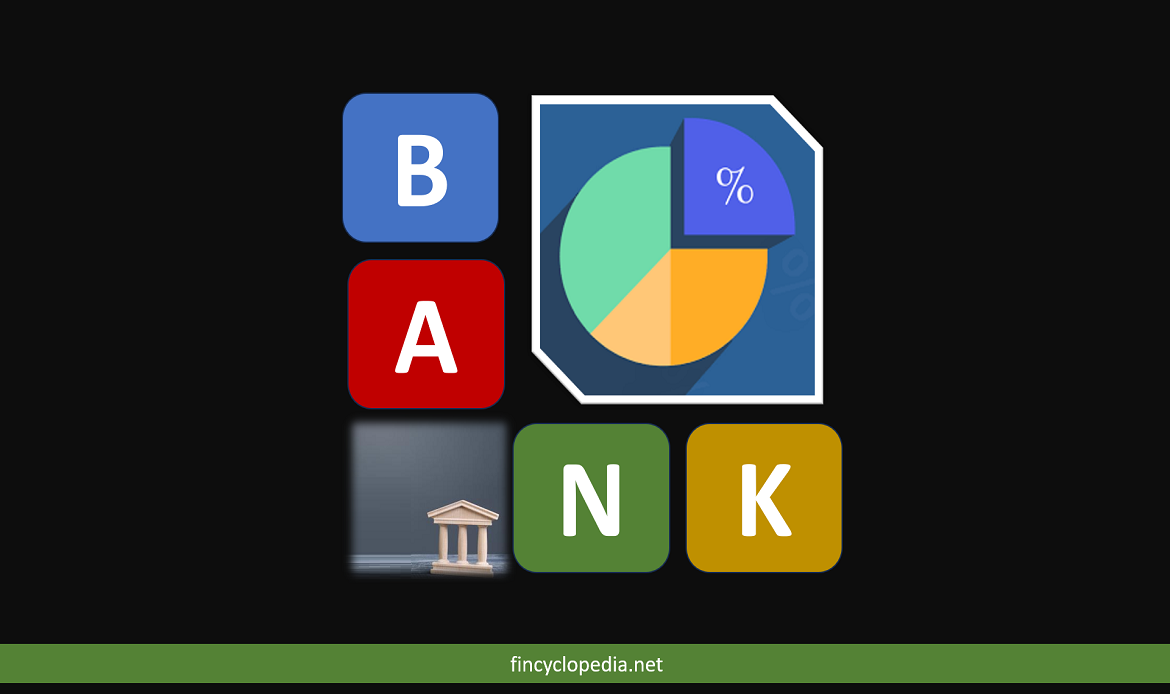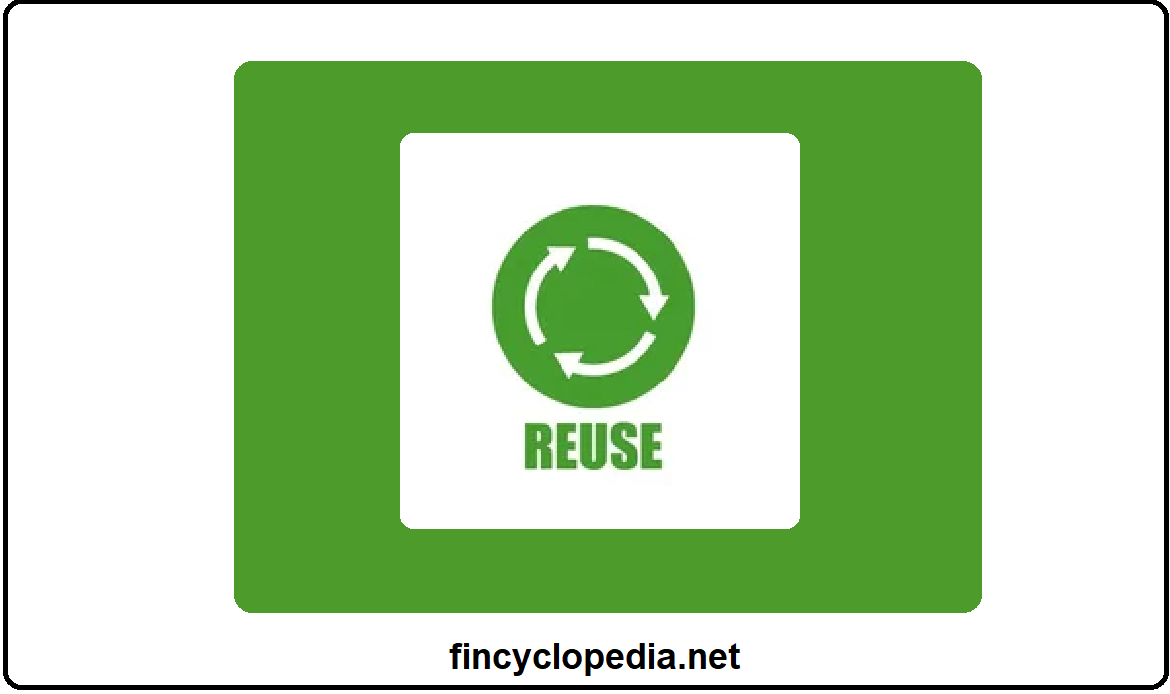A type of assets that do not belong to the traditional or classic asset classes. More specifically, alternative assets are all different ones other than equities (stocks, shares of funds, etc.), fixed-income securities, and cash assets (e.g., fixed deposits). Examples of alternative assets include real estate, commodities, private equity, currencies, hedge fund shares, among others.
Alternative assets are often attractive to investors because of their potentially high returns, in addition to their ability to provide for diversification away from traditional assets, and hence its their potential of reducing the overall risk associated with a set of assets (as part of a portfolio or fund).
Overall, alternative assets are riskier than traditional assets, particularly in relation to the amount of uncertainty of their returns and the amount of price risk involved.
Alternative assets may be divided into tangible alternative assets and intangible alternative assets. Examples of the former class are gold and precious metals and real estate, while the latter category consists of crypto assets, intellectual property, etc.







